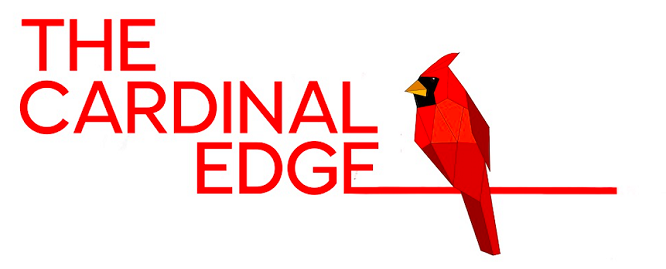
Program/Event
Undergraduate Research Showcase Spring 2023
Abstract
Previous research has found that children recognize social group membership and status early in development (Aboud, 2003; Gulgoz & Gelman, 2017). However, children increasingly value loyalty towards authority figures with age, although they prefer members of their own social groups (Norris & Noles, 2022). In this study, we are interested in whether children expect there to be positive consequences associated with loyalty towards authority figures over a subordinate, as well as negative consequences associated with loyalty towards subordinates over authority figures. We presented children ages 6-8, as well as adults, with a situation in which a worker was loyal to either the boss (authority figure) or another worker (subordinate). We then asked two questions: whether the boss was nice to the (dis)loyal worker (Positive Consequence) or mean to them (Negative Consequence). Both children and adults significantly chose the worker to receive a negative consequence when the worker was loyal to the subordinate as well as to receive a positive consequence when the worker was loyal to the boss. These results suggest that at a young age, children recognize that risks are associated with loyalty towards authority figures over in-group members. Future studies should further explore how loyalty influences the way children interact in relationships with friends, parents, and teachers.
Recommended Citation
Knieriem, Shelby; Norris, Megan N.; and Noles, Nicholaus S.
(2021)
"Choosing Sides: Children’s Expectations of Consequences of Loyalty Towards Authority,"
The Cardinal Edge: Vol. 1:
Iss.
4, Article 6.
Available at:
https://ir.library.louisville.edu/tce/vol1/iss4/6
